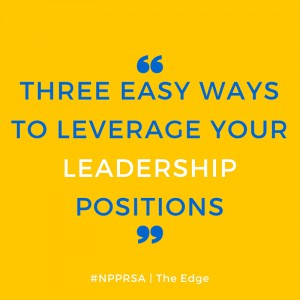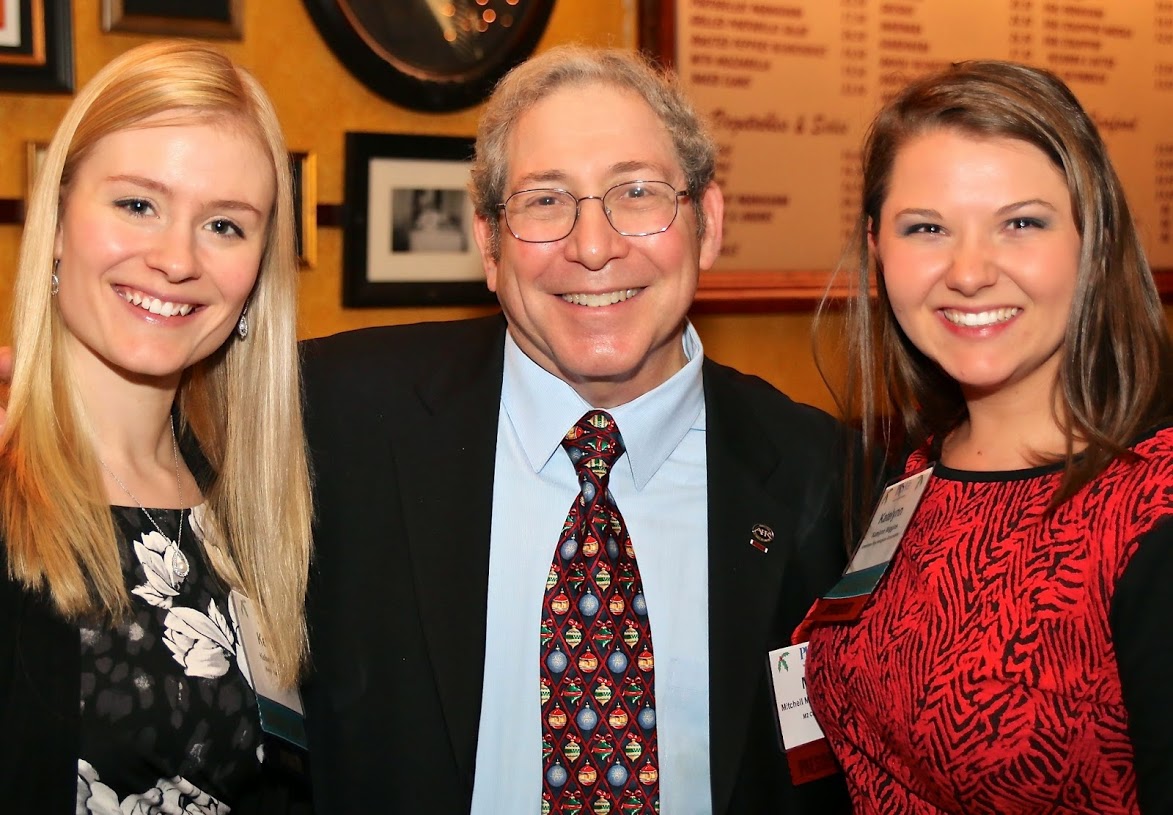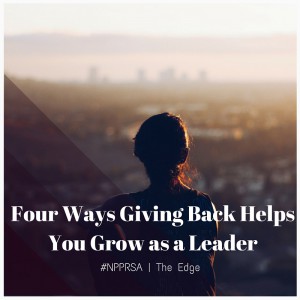 You’ve been working on your time management skills for years as a PR student and now you’re in the big leagues. Even if you’re a master of efficiency, the truth is days are still limited to 24 hours and sleep needs to fit in there somewhere.
You’ve been working on your time management skills for years as a PR student and now you’re in the big leagues. Even if you’re a master of efficiency, the truth is days are still limited to 24 hours and sleep needs to fit in there somewhere.
As a new PR pro, you naturally want to get involved in the community and grow, but you certainly still have non-PR interests that require time and energy. Here are 5 tips to help you stay balanced when you have a jam-packed schedule:
Get enough rest.
If you need a cup of coffee (or three) in the morning to wake up and get in the zone, you’re in good company. Unfortunately, there’s not enough coffee in the world to replace the necessity of sleep. If you’ve ever tried focusing on a complex project after a late night, you probably noticed how incredibly difficult it is. Understanding how much sleep you need for optimal performance and ensuring that you get it is beyond important. With enough rest, you’ll feel great, be more efficient and perform to the best of your abilities
Have your ducks in a row.
By “ducks,” I mean obligations and other activities that require time. Just bear with me on this one (hey, another animal reference!). When you’re busy as a bee (I’ll stop now, I promise), careful planning can be the difference between burnout and having fun. Maybe you want to do that yoga class in the morning instead of the evening because it helps you start the day with a clear mind and makes you feel more energized. Plan your activities in a manner that provides the greatest positive impact and allows you to do them to the best of your ability.
Prioritize what needs to be done vs. what can wait.
PR pros typically have very dynamic schedules with moving parts. We all understand the importance of deadlines, but what can be done later this week versus being done today? If you’ve been looking forward to attending a PRSA leadership seminar that’s Thursday at 6 p.m., that’s unmovable. But perhaps you can write your next PRSAY blog post a day earlier or later with respect to the deadline. It’s not an exact science, but taking a good look at what you have coming up will help you understand which items you can shift in your agenda.
Designate some down time.
Frank Underwood from House of Cards on Netflix said, “I never make such big decisions so long after sunset and so far from dawn.” In case you aren’t familiar with Frank, this is only one of countless great quotes from him. We can often be tempted to work late or make important decisions on the fly in our world of 24/7 news and unprecedented connectivity. Even if your “down time” is only from 9-10 p.m. each night, you’ll thank yourself for that hour. In fact, it might help you unwind and get better sleep (this fits in with number one!).
Have fun and enjoy what you’re doing!
What’s the point of it all if you aren’t enjoying it? Professional and personal organizations can be very rewarding, but be sure you’re involved with them for the right reasons. These organizations should enrich your life, not consume it. We all want to see our friends and fellow PR pros succeed. If you find that you’re overloaded with committees or other time commitments, reach out to those around you for help.
Getting into your groove and finding a system that works well for you takes time and it may be a process of trial and error. Stay positive, keep working on it and don’t get discouraged. Once you figure out what works for your time schedule, you’ll find that it was well-worth the time and energy you put into it!
Jeff Adkins is a public relations associate for Henry Ford Hospital and Health Network in Detroit, Michigan. An active member of PRSA Detroit, Jeff enjoys connecting with fellow PR pros and seeking out new professional experiences. He obtained his Bachelor’s in Public Relations in 2014 from Wayne State University (WSU), where he was a member of the WSU PRSSA executive board and a peer mentor for students entering the PR program. In his free time, Jeff enjoys being active outdoors and volunteers as a PR officer with Portal Paranormal Society. Feel free to connect with him on Twitter and LinkedIn.




 If you’re toying with the idea of putting out your own shingle and going solo or starting your own virtual agency, you’re going to either a) need all of those skills, or b) know where to tap into them. You’re also going to be your own accountant, marketer, strategic planner, chief cook and bottle washer. If you are getting serious…the PRSA IPA section is the place for you. I’ve been my own boss now for almost 14 years and a PRSA member for even longer. Here’s what I think IndiePRPros and virtual agencies offer over traditional agencies, and how you can set yourself apart from the pack:
If you’re toying with the idea of putting out your own shingle and going solo or starting your own virtual agency, you’re going to either a) need all of those skills, or b) know where to tap into them. You’re also going to be your own accountant, marketer, strategic planner, chief cook and bottle washer. If you are getting serious…the PRSA IPA section is the place for you. I’ve been my own boss now for almost 14 years and a PRSA member for even longer. Here’s what I think IndiePRPros and virtual agencies offer over traditional agencies, and how you can set yourself apart from the pack:
